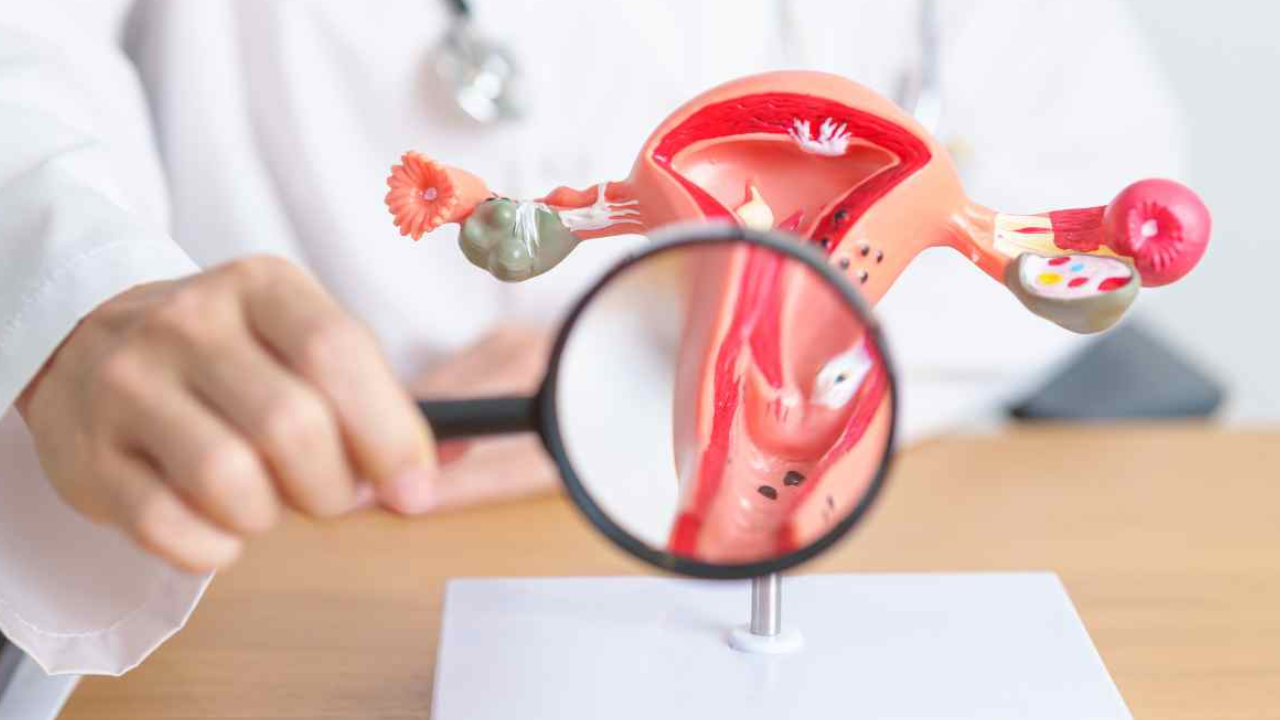Warning Signs of Cervical Cancer

Cervical cancer is often called the silent threat because it develops quietly, showing little to no symptoms in its early stages. This silence makes it all the more dangerous. But cervical cancer is highly preventable and treatable if caught early. Recognizing the signs the body might use to signal a problem and taking proactive measures can save lives. Here’s a deeper into the symptoms, risk factors, and the steps that can be taken to stay ahead of this disease.
Why Recognizing Symptoms Matters
The body is the best messenger, often sending signals when something isn’t right. For cervical cancer, these signals might seem subtle, but ignoring them can delay diagnosis and limit treatment options. Early detection isn’t just about increasing survival rates, it’s about improving quality of life and reducing the burden of treatment.
The Warning Signs You Shouldn’t Ignore
1. Unusual Bleeding
One of the earliest and most common symptoms, abnormal vaginal bleeding, can occur between menstrual cycles, after intercourse, or post-menopause.
What It Indicates: Cancerous changes in the cervix often cause irritation or growths, leading to bleeding.
2. Persistent Vaginal Discharge
While some discharge is normal, changes in color, odor, or consistency, especially if it’s watery, bloody, or foul-smelling, should not be ignored.
What It Indicates: This could be a sign of cervical cell changes or infections linked to cancer.
3. Pain During Intercourse
Experiencing discomfort or pain during sex is another red flag.
Why It Matters: This symptom could point to advanced cervical changes affecting surrounding tissues.
4. Pelvic or Lower Back Pain
Ongoing pelvic discomfort or lower back pain, particularly when not related to menstruation, may indicate a more serious issue.
What It Means: As cervical cancer progresses, it can exert pressure on nearby organs, nerves, and tissues.
5. Leg Swelling or Pain
Unexplained swelling or pain in one leg could be linked to cervical cancer in advanced stages.
Why It Happens: Enlarged lymph nodes or blocked blood flow caused by the disease may lead to these symptoms.
Who’s at Risk? Know The Factors
Understanding the risk factors can help in taking preventive measures and staying vigilant:
- HPV Infection: The human papillomavirus (HPV) is responsible for almost all cervical cancer cases. Vaccination and safe sexual practices can significantly reduce this risk.
- Smoking: Tobacco weakens the immune system, making it harder to fight off HPV infections.
- Family History: Women with close relatives who had cervical cancer are at higher risk.
- Weakened Immunity: Conditions like HIV or long-term steroid use can increase vulnerability.
- Multiple Full-Term Pregnancies: Women who have had three or more full-term pregnancies face a slightly elevated risk.
Screening: The First Line of Defense
Screening is one of the most powerful tools in the fight against cervical cancer. It can detect precancerous changes before they turn into full-blown cancer.
- Pap Smears: A simple test that examines cervical cells for abnormalities. Women should start Pap tests at age 21 and repeat them every three years.
- HPV Testing: This test identifies high-risk HPV strains, often done in combination with Pap smears for women over 30.
- Colposcopy: If abnormalities are found, this diagnostic procedure allows a closer look at the cervix.
Symptoms That Demand Immediate Attention
While regular screening is essential, some symptoms require immediate medical consultation:
- Heavy or irregular bleeding that cannot be explained by your menstrual cycle.
- Persistent pelvic pain that doesn’t improve with rest.
- Vaginal discharge with a strong odor or unusual color.
Preventive Steps to Reduce The Risk
While screening is crucial, prevention starts with lifestyle changes:
- Vaccination: HPV vaccines like Gardasil and Cervarix can protect against the strains most commonly associated with cervical cancer.
- Quit Smoking: Smoking cessation improves overall immunity, reducing your cancer risk.
- Safe Sexual Practices: Using condoms and limiting the number of sexual partners reduces HPV transmission.
- Regular Health Check-Ups: Make screenings a routine part of your healthcare to catch potential problems early.
Treatment Options for Cervical Cancer
If cervical cancer is detected, the course of treatment will depend on the stage:
- Early-Stage: Surgery, such as a hysterectomy or removal of cancerous tissue, is often effective.
- Advanced-Stage: Chemotherapy and radiation therapy are commonly used to target cancer cells.
- Targeted Therapies: Newer treatments focus on specific cancer cells, sparing healthy tissue and minimizing side effects.
The earlier the cancer is detected, the less invasive and more effective the treatments are likely to be.
Screening for a Safer Tomorrow
Cervical cancer doesn’t develop overnight, but it's early warning signs can easily go unnoticed. Recognizing symptoms, understanding your risk, and staying proactive with screenings are your best defenses. Your health is in your hands, and timely action can make all the difference.
KKR Hospital, a renowned cancer specialty centre in Chennai offers facilities that help in the early detection and treatment for cervical cancer, apart from their advanced tools and their team of cancer experts.
